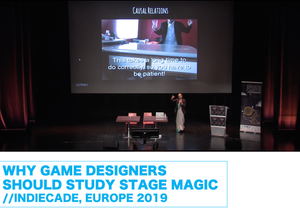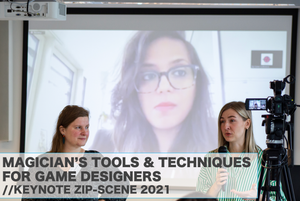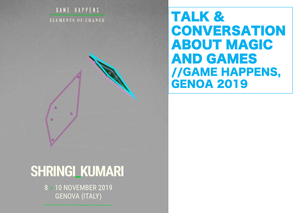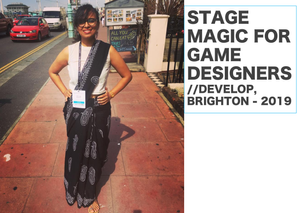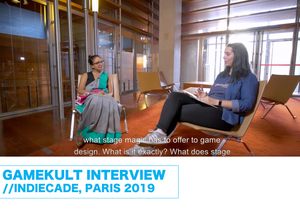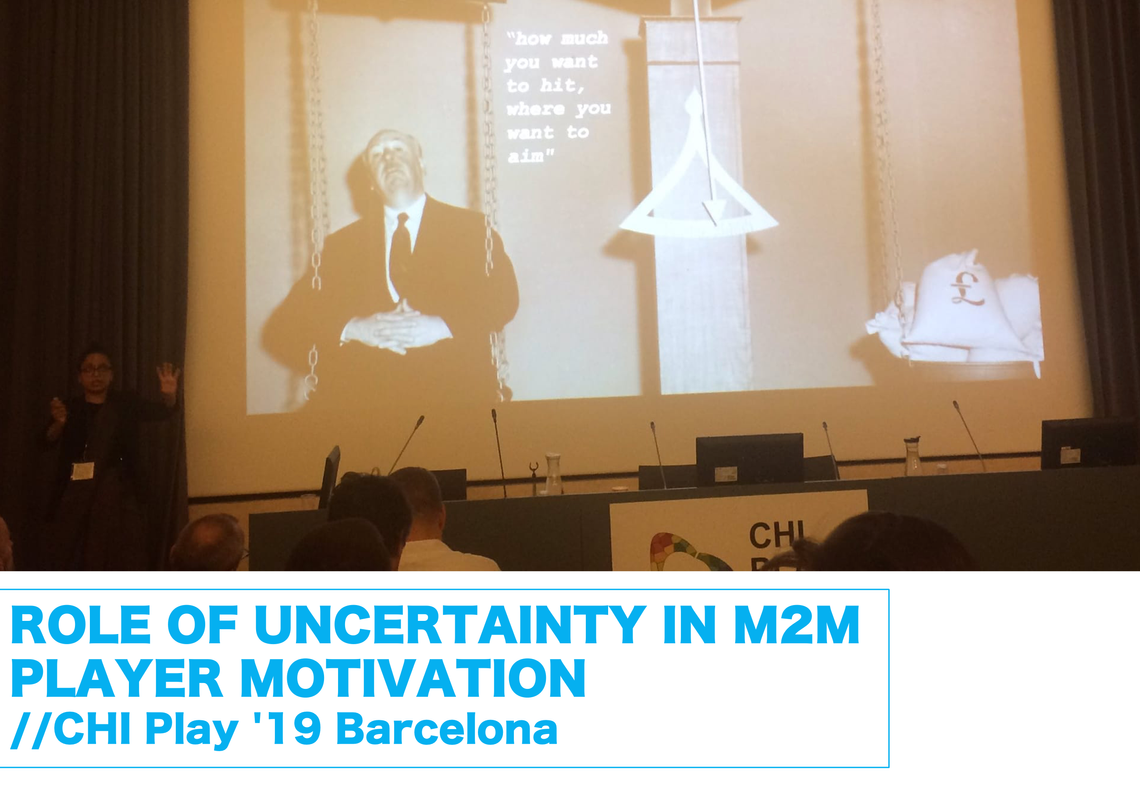
Talk at CHI Play '19 Barcelona, Spain: Role of Uncertainty in Moment-to-Moment Player Motivation: A Grounded Theory
Taxonomy of Uncertainty in Games
Uncertainty is widely acknowledged as an engaging characteristic of games. Practice and research have proposed various types and factors of game uncertainty, yet there is little work explaining when and why different kinds of uncertainty motivate, especially with respect to ‘micro-level’, moment-to-moment gameplay. We, therefore, conducted a qualitative interview study based on episodic and video-aided recall interviews of players tracing links between uncertainty experiences, specific game features, and player motives. Our data support that uncertainty is indeed a key element in keeping players motivated from moment-to-moment (m2m). In our paper, we present a grounded theory of seven types of engaging gameplay uncertainty emerging from three sources — Game, Player, and Outcome. We further document links to likely underlying motives, chief among them curiosity and competence.
Comparing our empirically grounded taxonomy — this work makes three main contributions to the current discourse around game uncertainty: (1) it presents an uncertainty taxonomy that is grounded in naturalistic observation, corroborating and challenging existing theory-led taxonomies; (2) it explicates conditions when certain uncertainty types become motivating as well as the underlying motivations explaining why these types of uncertainty propel players m2m; (3) it identifies novel uncertainty types, especially content and outcome uncertainty, which are insufficiently captured in previous models.
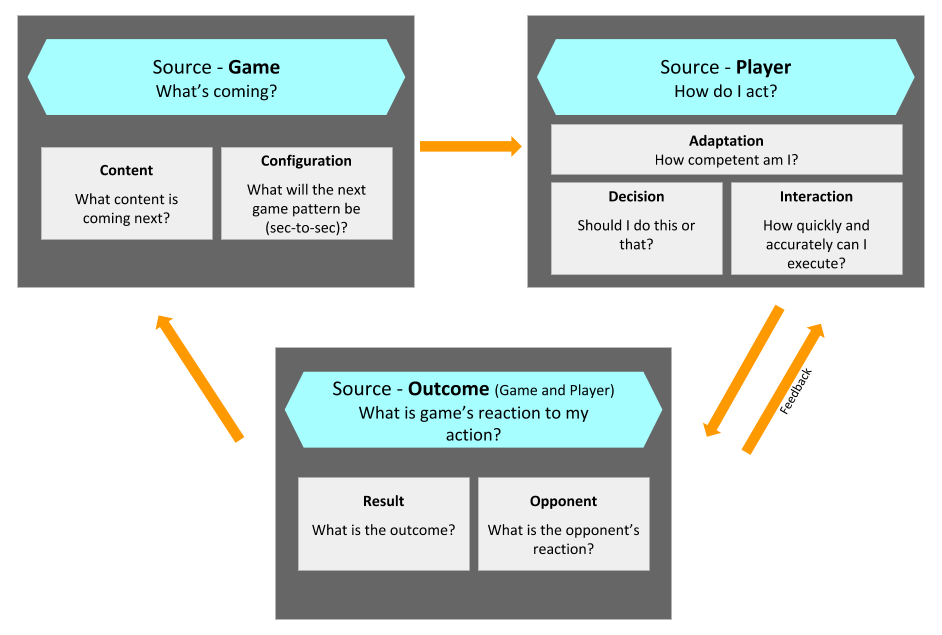
The resulting taxonomy of game uncertainty has sources grounded in the m2m phenomenal experience of ‘going through’ a game’s core loop in the course of seconds. (1) Players experience Game Uncertainty over what novel content and content configurations the game will present to them, which entails implicit or explicit new goals. (2) Players then experience Player Uncertainty over their own reaction to the game’s new material: what actions to take, how they will and should execute on their choices, and whether they bring the competence to do both well. (3) As the players ponder and perform actions, they experience Outcome Uncertainty about what the outcome of their actions would be. They look forward to seeing how their decisions and actions pan out, how good they actually prove to be, and what new content may be unlocked as a result. Overall, these three sources of uncertainty work in a tight loop of game prompt, player action, and game reaction.
This taxonomy partially maps onto existing taxonomies, especially that of game designer Costikyan, providing converging evidence for their validity, as well as highlighting certain aspects overlooked by existing work. The presented model goes beyond their scope identifying novel uncertainty types like Content, Adaptation and Outcome Uncertainty. We focus on the m2m sequential beats of uncertainty in games, their conditions, and the motivations explaining why different sources of uncertainty lead to better player experience, tentatively linking different uncertainty sources to corresponding existing motivational constructs, chief among them curiosity, but also sense of agency, competence, achievement, mastery, and goal-setting. This arguably advances our ability to guide game designers in affording engaging uncertainty in games by contributing to how, when and why uncertainty motivates showing that uncertainty types are not isolated but inform each other continuously. It lends support to prior claims linking game uncertainty to curiosity while differentiating such blanket claims with more detailed suggested mechanisms around different kinds of uncertainty sources.
Paper — The Role of Uncertainty in Moment-to-Moment Player Motivation: A Grounded Theory
Author:
Shringi Kumari, University of York; Sebastian Deterding, University of York; Jonathan Freeman, Goldsmiths University
CHI PLAY session:
Emotions, traits and player experiences
Thursday, 24 October 2019, 14:00–15:30

